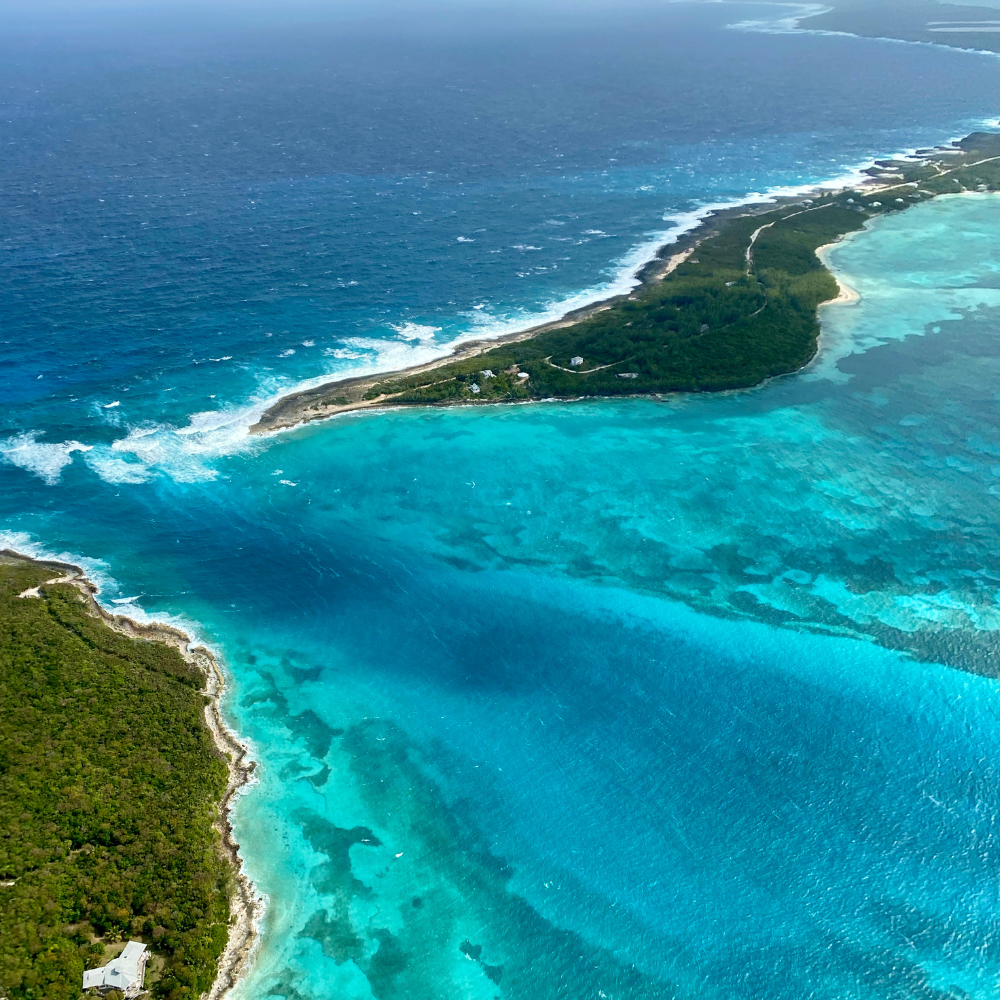Cook Islands’ China agreements spark tensions as western influence declines
The Cook Islands’ growing ties with China have ignited controversy, both domestically and among its allies. Prime Minister Mark Brown recently signed a series of agreements with Beijing covering infrastructure, shipbuilding, tourism, agriculture, technology, education, and deep-sea mineral exploration. However, the deals, made without public consultation or prior discussion with New Zealand, have sparked protests and political backlash.
Brown insists that his decisions are based on the long-term interests of the Cook Islands, a small but resource-rich nation vulnerable to climate change. However, the agreements have divided public opinion. Protests erupted on Rarotonga, the country’s largest island, as many citizens expressed concern about distancing from New Zealand, a close ally. Parliament also saw a vote of no confidence against Brown, though he survived the challenge.
New Zealand, which has maintained a “free association” relationship with the Cook Islands since the 1960s, was caught off guard by the agreements. Under this arrangement, Wellington provides defense and foreign affairs support, and Cook Islanders hold New Zealand citizenship. With an estimated 100,000 Cook Islanders living in New Zealand and Australia compared to just 15,000 in the islands themselves the cultural and political ties between the nations run deep.
The deals with China reflect a broader geopolitical shift in the Pacific. Beijing has been expanding its influence through aid, infrastructure, and security agreements, notably securing a security pact with the Solomon Islands. Western allies, including the U.S., Australia, and New Zealand, have responded by increasing diplomatic and economic engagement in the region.
However, uncertainty over U.S. foreign policy under the Trump administration has complicated efforts to counter China’s influence. As Washington reevaluates its international commitments, Beijing is capitalizing on the opportunity to strengthen ties with Pacific nations.
Meanwhile, China’s assertive military presence in the region has added to tensions. Last week, military exercises by Chinese warships in the Tasman Sea led to flight diversions between New Zealand and Australia. Defense analysts view this as a calculated show of power, testing diplomatic responses from Canberra and Wellington while demonstrating China’s strategic reach.
Australia has sought to reassure its citizens about China’s intentions, particularly as the country approaches a federal election. Foreign Minister Penny Wong acknowledged the region’s shifting dynamics, stating that the Pacific is in a “permanent state of contest.” Opposition leader Peter Dutton, with a background in national security, has positioned China as a key election issue, pressing the government to take a firmer stance.
Despite the growing geopolitical tensions, Brown remains steadfast in his approach, arguing that the Cook Islands must assert its independence in global affairs. However, opposition voices warn that closer ties with China could come at the cost of long-standing relationships with democratic allies. With regional power struggles intensifying, the Cook Islands finds itself at the center of a complex and evolving geopolitical landscape.










